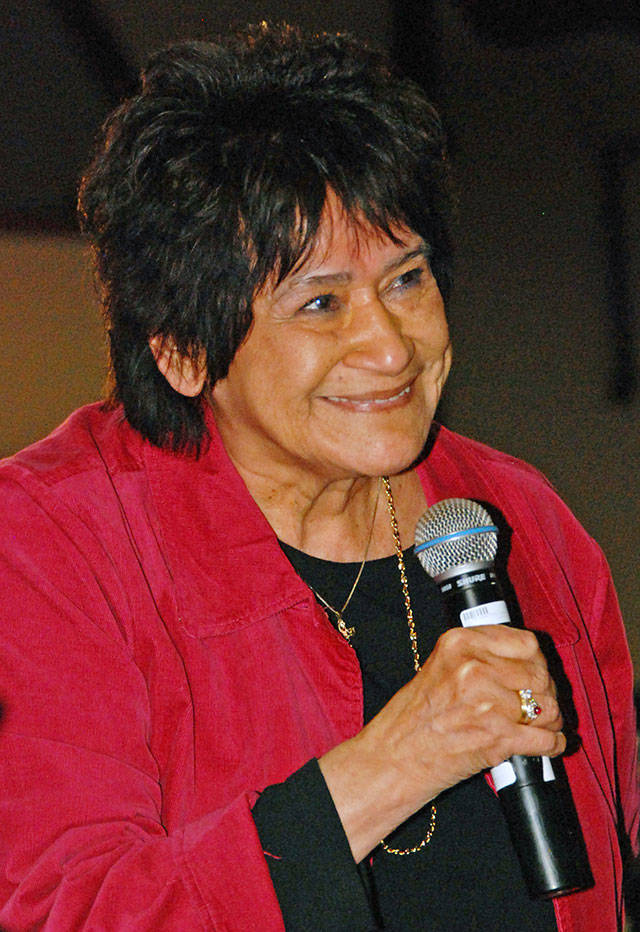Don’t stop eating or serving chinook salmon if you want to help recover southern resident killer whales.
It might make you feel better for a while, but it accomplishes little and makes recovering chinook even harder, by devastating the livelihoods of fishermen and their families who care most about salmon recovery.
Chinook recovery and orca survival depend on habitat that is disappearing faster than we can restore it. If we want orcas, we need chinook. If we want chinook, we need to protect their habitat in our rivers, streams and nearshore marine waters. It doesn’t matter whether the fish spawned naturally or came from a hatchery. Both need good habitat to survive.
Salmon harvest has been reduced 80-90 percent over the past few decades to protect weak salmon stocks. Many fisheries have been eliminated altogether.
Still, most weak salmon stocks have not recovered and continue their downward spiral. If restricting harvest were the solution to salmon recovery and orca survival, we would have accomplished both long ago.
Not eating chinook doesn’t change the number being caught. Fisheries are tightly regulated by federal, state and tribal governments. Proposed fisheries undergo extensive review to ensure that harvest levels protect chinook, orcas and other threatened or endangered species.
Most of the small percentage of salmon harvested by fishermen are caught in areas far from orca feeding grounds. That salmon is for sale because it was determined that stocks are healthy enough to support limited harvest.
Fishery managers in western Washington must consider all factors affecting the salmon resource.
There are no easy answers. We need to trust them and let them do their job, not second-guess their decisions.
More salmon are killed by pollution, an overpopulation of seals and sea lions, and lost habitat than have ever been harvested. If you really want to make a difference for chinook and orcas, tell your elected officials, your friends and family to support:
• Increasing hatchery production in key watersheds that can contribute to more chinook for orcas.
• Faster action to fix fish passage barriers like failed, stream-blocking culverts.
• Increasing protection of remaining marine nearshore and shoreline habitat.
• Fully funding and implementing the Puget Sound Chinook Recovery Plan.
• Developing, updating, implementing and enforcing water quality and quantity standards
that protect, conserve and restore water for salmon.
• Improving management of exploding seal and sea lion populations in Puget Sound that are preventing salmon recovery.
• Reducing noise and overcrowding from boat traffic that hampers the ability of orcas to find food.
None of these things are easy and none will happen overnight, but these are the actions needed to recover chinook and orcas.
Now is not the time to turn away from salmon or from one another. We cannot recover chinook or orcas on the backs of fishing families and communities alone. Indian and non-Indian fishermen are the greatest advocates for salmon recovery and the most accountable for their conservation. Contributing to the economic extinction of fishing will only accelerate the salmon’s decline.
We need everyone in this fight. If you love salmon, eat it.
Lorraine Loomis is Chair for the Northwest Indian Fisheries Commission. For more about the Northwest Indian Fisheries Commission, call 360-438-1180 or see www.nwifc.org.



